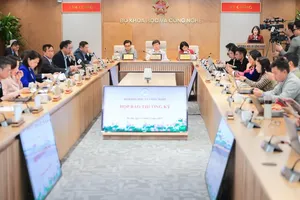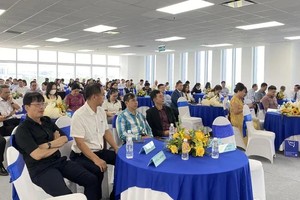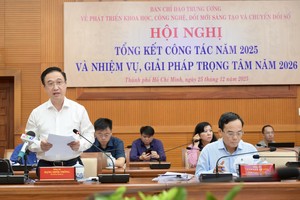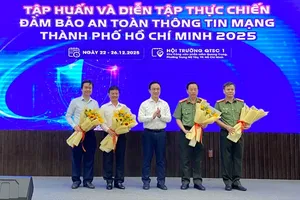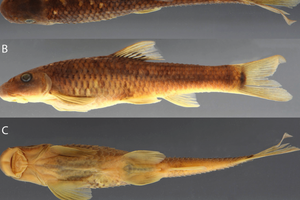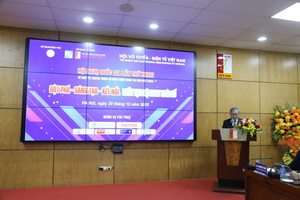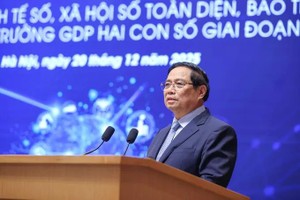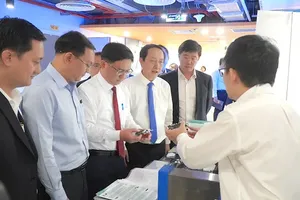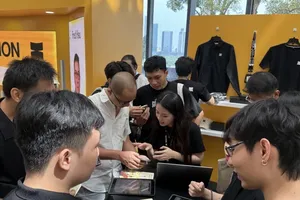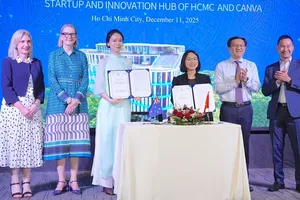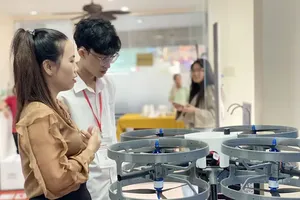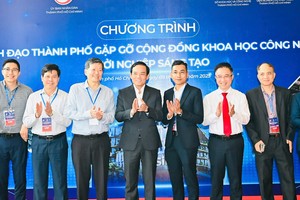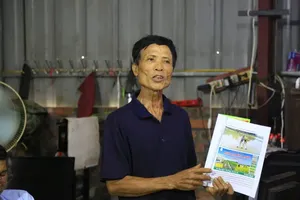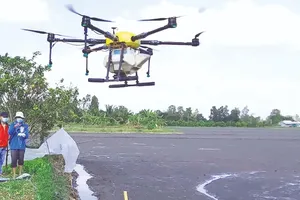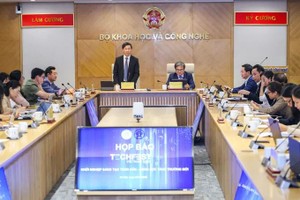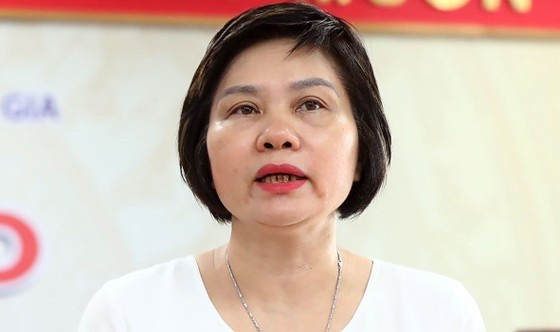 |
Assoc. Prof. Dr. Do Thi Thu Hang |
When first discussing the influence of the Internet and cross-border social networks on the activities of traditional journalism in Vietnam, Dr. Do Thi Thu Hang stated that the social networks themselves have played an important role in spreading news to the public in order to create an information society in Vietnam. The community is enjoying free multi-platform news services, while a large number of people are actively producing digital content.
However, the negative side is huge challenges as to information security such as copyright infringement, fake or imprecise news, sensitive information leak, private right violation. In addition, the existence of social networks causes difficulties for press organizations to do journalistic content business as most content is free on the Internet. This means it is troublesome to run a profitable journalistic business model.
Talking about the blatant news stealing trend on social networks in Vietnam right now. Dr. Hang listed three main reasons.
Firstly, the Internet allows quick shares of information, leading to the challenge in controlling the copying and distribution of journalistic content on cyberspace. Advanced digital tools are making this process a piece of cake to many people on online platforms, and thus the ease of copyright infringement.
Another reason comes from the difficulty to track the origin or author of any shared information pieces on the Internet after multiple sharing times. Since the Internet is a global network and copyright issues can happen in any countries with different related laws, it is extremely complicated to apply legal regulations on this matter. Legal documents find it hard to keep up with the fast development of technologies, resulting in a lack of sanctions to punish new violation cases.
Finally, there is still a large number of Internet users who have low awareness about copyright infringement. These people may unintentionally break the law. Meanwhile, the awareness of self-protection of copyright by journalists and press agencies has not truly been sufficient.
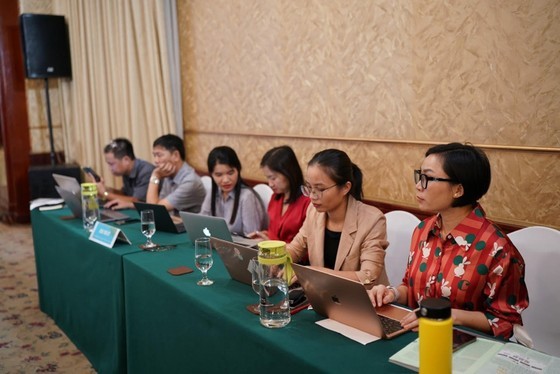 |
Journalists on duty at the conference ‘Green finance and the carbon credit market’, held by SGGP News on September 6 (Photo: SGGP) |
Answering the question about how Vietnam handles journalistic information sharing by Facebook or Google onto their own news pages (service fee-paying, for instance), Dr. Hang highly appreciated the experience learnt from some countries in Europe and Australia in this matter. Their success shows a lesson about solidarity in the journalism industry, the clarity and strength of legal regulations to request cross-border social network sites to observe the law, and the strong awareness of the whole country against copyright infringement in journalism.
The Vietnam Journalists Association wants to support press agencies to protect their content copyright as well as increase revenues from exploiting user data. It is going to collaborate with businesses having large technology platforms to help small-sized press agencies lacking the infrastructure for digital transformation. The Association is also developing a shared database among press agencies, expecting that there will have been at least 30 agencies to use it by the end of 2023.
Dr. Hang proposed that while waiting for a proper legal frame and strong sanctions to force renowned social networks like Facebook and Google to satisfy the sensible demands of Vietnamese journalism when sharing news, each press agency should develop its own detailed strategy for journalistic content distribution on these platforms. Leaders of these agencies should equip themselves with systematic knowledge on digital content copyright, infringement types, and methods to fight against infringement so that they can effectively protect the digital journalistic content by their organizations.
She stressed that solidarity among press agencies and cooperation with state management units, technological partners are the key for the success of this fight.
Assoc. Prof. Dr. Do Thi Thu Hang shared that to raise the awareness of the journalism industry about carrying out digital transformation in the journalism industry and particularly combating copyright infringement, on September 13 in Hanoi, the Vietnam Journalists Association and the Vietnam Digital Communications Association, Dai Bieu Nhan Dan Newspaper co-hosted a seminar named ‘Copyright protection on the digital environment’. This shows their great determination in actively seeking and adopting solutions to address copyright infringement in the journalism industry.
